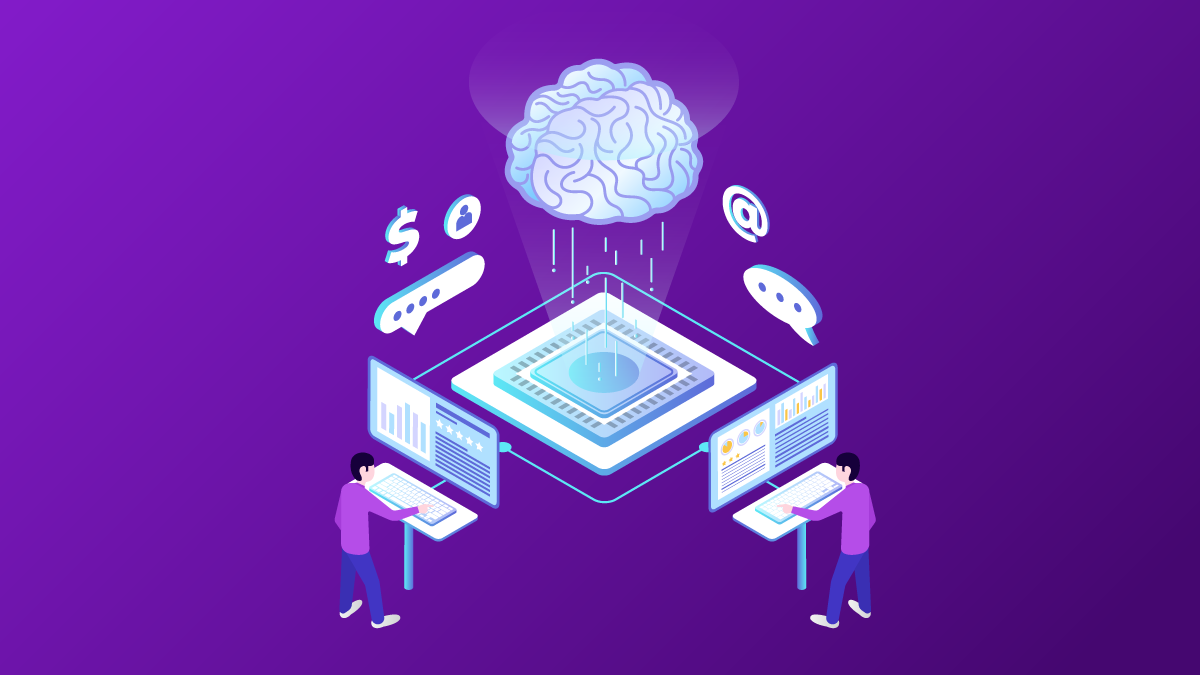
Artificial intelligence has become a major buzzword these days, and it seems like some people have started to discuss its power and capabilities without even fully realizing what they are talking about. It’s important to have a good grasp of the current state of AI technology and where it’s headed because it’s very likely to have a strong impact on many areas of the global technological market. We’re already seeing some significant transformations in many fields, such as customer support and others – but where do we draw the line between fact and fiction?
It’s a Great Solution, But Not a Miracle
The truth is that AI is great at handling certain tasks like classification and content generation, but often only in specific contexts. Machine learning models need extensive training on specific data sets, and that’s not always feasible for the average company on the market. Take GPT-3 for example – the latest and greatest on the text generation front. Training the model was a massive undertaking that involved a significant investment from Microsoft, and while the final result looks amazing, it’s important to remember that it’s also not something that can be easily replicated. There are also fields where AI still performs very weakly compared to human operators, such as advanced content creation and programming.
Wide Range of Options
A great thing about the current state of the AI field is that you don’t need in-house experts in order to work with it. There are external contractors that can make all the magic happen for you, and you’ll just need to provide them with the input data. Combine that with a service that manages your IT infrastructure on a more general level – like outsourceIT, one of the more reliable choices on the current market – and you can easily get things up and running and start improving your operations on several fronts.
Predictions for the Next Decade
Will AI make certain parts of the tech market obsolete? Probably. But that doesn’t mean that we’re headed for an automated dystopia where everyone is fending off unemployment. Rather, it will shift the focus of human workers towards more specialized tasks that require a more creative approach than what the current models have to offer. It’s difficult to predict what those areas will be exactly, however. Looking back just ten or even five years in the past, the state of the field was significantly different. And with the research and development performance practically snowballing in some aspects it’s practically impossible to paint an accurate picture of the near future.
One thing is certain though – AI is not the temporary trend that many tried to paint it as in the beginning. It’s here to stay, and ignoring it is a very bad move for those in fields that are positioned to be directly affected by its growth. It’s time to readjust your approach to certain aspects of your company’s operation. It’s also a great time to take advantage of what the AI field has to offer, because the balance between performance and price is very good right now.




